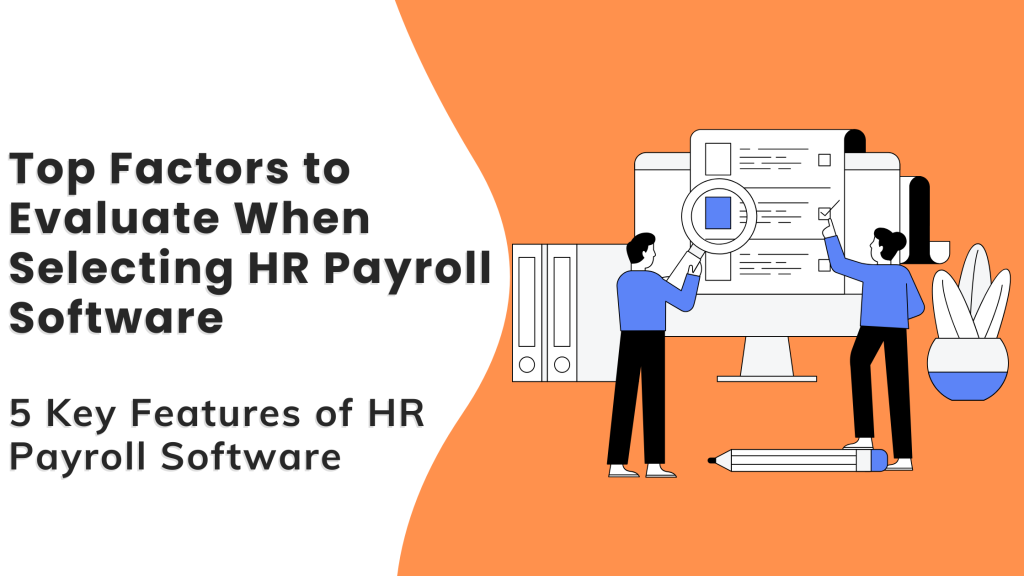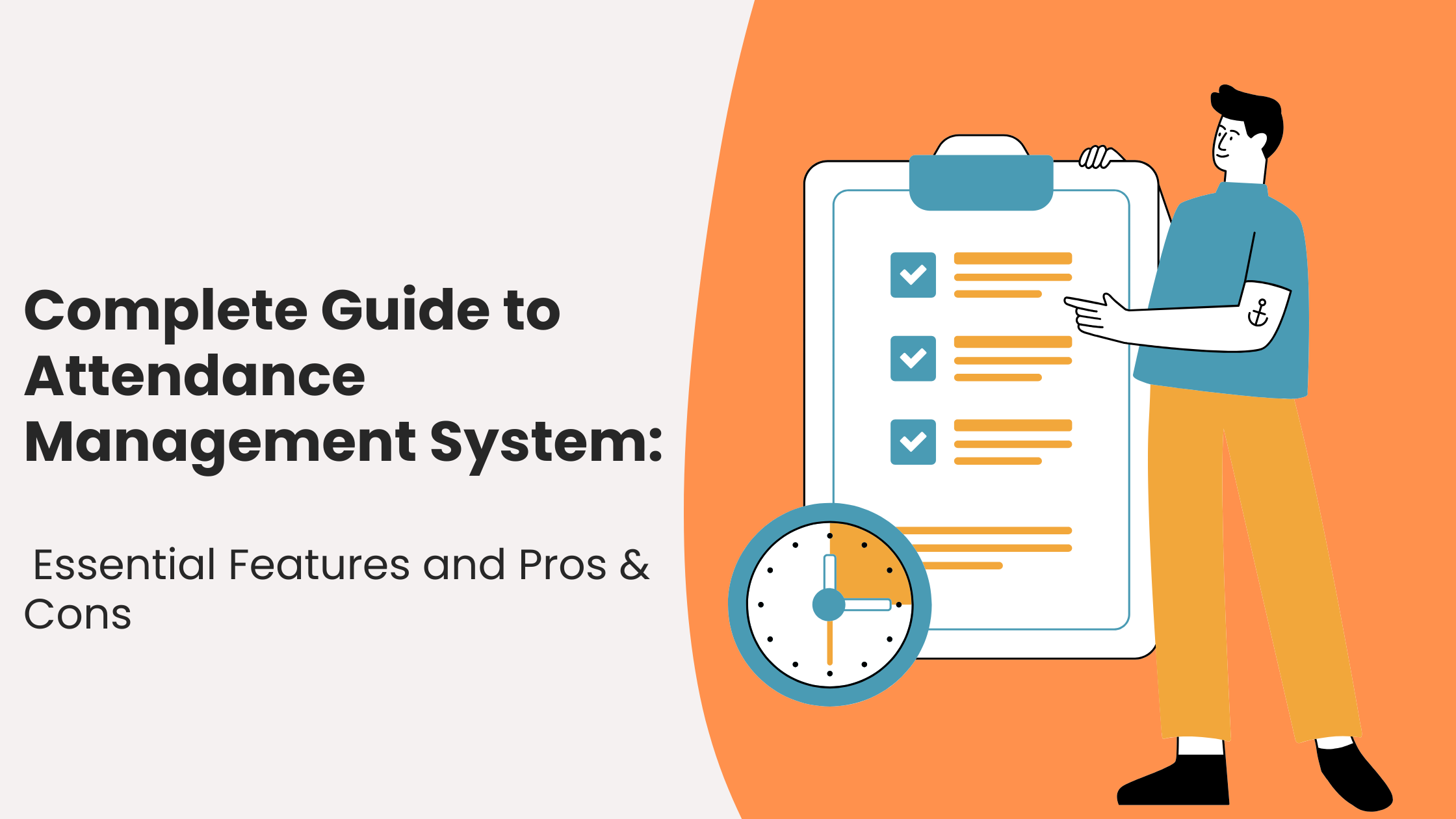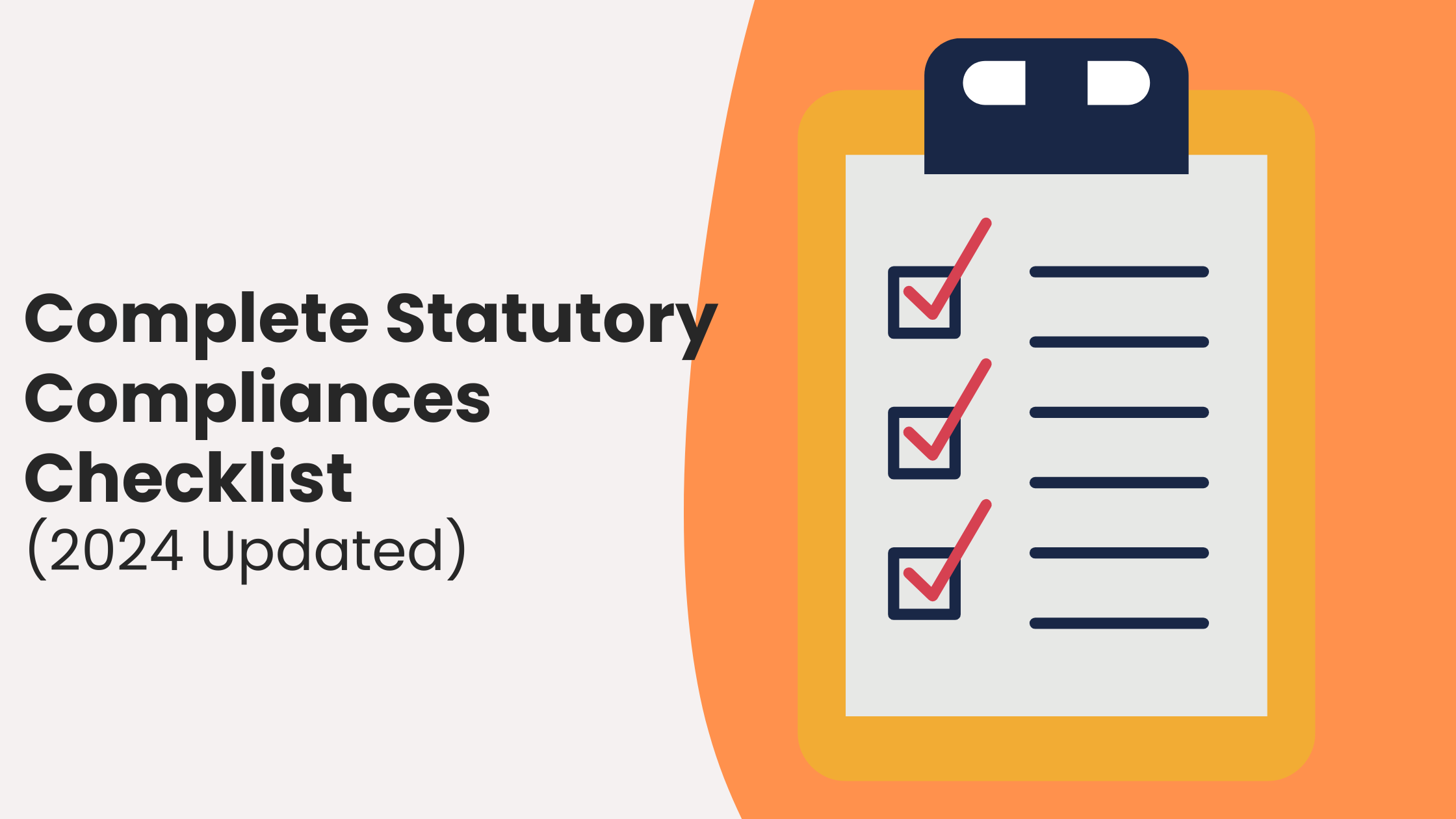Top Factors to evaluate when selecting HR Payroll Software

In today’s fast-paced business world, HR payroll software plays a crucial role in maintaining organizational efficiency. Managing employee compensation, tax compliance, and benefits can be incredibly complex, but with the right HR payroll software, these tasks become much easier, accurate, and reliable. In this comprehensive guide, we will explore the key features, benefits, and considerations that make HR payroll software an indispensable tool for businesses of all sizes.
What is HR Payroll Software ?
HR payroll software is an automated system designed to manage payroll processes, which include tracking hours worked, calculating wages, distributing payments, and filing taxes. These systems integrate with human resources management systems (HRMS) to offer a seamless experience in handling employee information, ensuring that salary distribution and tax compliance are handled efficiently.
Key Features to look for when choosing Payroll Software
When selecting the right HR payroll software for your company, it’s important to look for the following features that will enhance your overall payroll operations:
1. Automated Payroll processing
One of the standout features of payroll software is automation. Automated payroll processing minimizes human error, ensuring accuracy in wage calculations, deductions, and tax filings. This feature allows HR teams to focus on more strategic tasks while the software takes care of the repetitive, time-consuming work.
2.Tax Compliance
Payroll software automatically updates tax tables and integrates with tax filing systems to ensure compliance with local, state, and federal tax regulations. This feature is especially important for businesses that operate in multiple jurisdictions, as tax laws can vary significantly.
3. Direct Deposit and Payroll Distribution
HR payroll software allows companies to offer employees the convenience of direct deposit. Rather than issuing paper checks, which can be lost or delayed, employees can receive their pay electronically, on time, every pay period.
4. Employee Self-Service Portals
Many modern payroll solutions offer self-service portals where employees can view their pay stubs, tax forms, and other relevant payroll information. This reduces the workload for HR departments by allowing employees to access the information they need without requesting it from HR staff.
5. Integration with HR and Accounting Systems
An ideal HR payroll software should integrate seamlessly with other HR management tools and accounting software. This ensures that employee data is shared across platforms, reducing duplicate data entry and errors, while maintaining a unified system for payroll and HR activities.
6. Reporting and Analytics
With robust reporting features, HR payroll software provides insights into payroll trends, employee costs, and tax obligations. Comprehensive reports can be generated for internal reviews or audits, helping organizations make informed decisions and ensuring transparency.
Benefits of HR Payroll Software
Investing in HR payroll software provides numerous benefits that not only improve operational efficiency but also support long-term business growth.
1. Time and Cost Savings
By automating payroll processes, businesses can save valuable time and reduce the costs associated with manual data entry and payroll management. Payroll software streamlines the entire process, from calculating wages to distributing payments, freeing up resources to focus on more strategic areas.
2. Accuracy and Reduced Errors
Manual payroll processing is susceptible to human errors, which can result in costly mistakes such as incorrect wage calculations, missed tax payments, or overpaid employees. HR payroll software eliminates these errors by automating calculations and ensuring that all payments and deductions are accurate.
3. Enhanced Data Security
Payroll information contains sensitive data that must be kept secure. Payroll software offers advanced security features such as encryption, user access controls, and secure data storage to protect employee information from unauthorized access or data breaches.
4. Improved Employee Satisfaction
Providing employees with timely, accurate payments and easy access to their payroll information can significantly improve employee satisfaction. When employees have confidence that their compensation is handled efficiently, it fosters trust and reduces payroll-related inquiries or complaints.
5. Scalability
As businesses grow, so do their payroll complexities. HR payroll software is scalable, meaning it can handle an increasing number of employees, more intricate payroll structures, and compliance with different regulations, ensuring that your payroll system grows with your business.
6. Payroll management
Handling payroll manually can be very difficult, especially in larger organizations. Payroll software simplifies this by automating the entire process—from calculating salaries and deductions to bonuses and calculating overtime. There is no need to worry about human errors, and it ensures that payments are always on time, which keeps employees happy and stress-free.
7. Employee Self Service
This feature gives your employees the power to access their own payroll details, pay slips, and tax-related information without needing to go through HR every time. Employee Self-Service (ESS) portals make this possible. This reduces the back-and-forth between HR and employees, freeing up HR teams to focus on more strategic tasks, while also giving employees control and transparency over their information.
8. Analytics and reporting
One of the biggest advantages of payroll software is the ability to generate in-depth reports at the click of a button. Want to know how much you’re spending on employee compensation this quarter? Or how overtime impacts your budget? Payroll software provides these insights, helping HR and finance teams make data-driven decisions, spot trends, and plan properly for the future.
9. Tax Compliance
Navigating the complexities of tax regulations can be a huge task. Payroll software simplifies tax compliance by automatically calculating deductions and filing requirements on the basis of the latest tax laws. It keeps you compliant with local, state, and national regulations, minimizing the risk of fines and penalties due to miscalculated taxes or missed deadlines.
10. Time and attendance tracking
Integrating time and attendance with payroll is a game changer. Instead of manually tallying up hours worked or overtime, payroll software connects with attendance systems to ensure that the right hours are being accounted for. This results in fair and accurate pay for all employees, without any administrative hassle or guesswork involved.
11. Cloud-based payroll
This feature is beneficial because it allows HR teams to access payroll data from any place having an accessible internet connection, ensuring flexibility for remote work, real-time updates, and automatic compliance with the latest regulations, all while offering enhanced security and scalability without the need for costly infrastructure.
Choosing the Right HR Payroll Software for Your Business
Selecting the right HR payroll software can be daunting due to the variety of solutions available. However, focusing on a few key factors below will help you make the right choice:
Company Size and Payroll Complexity
Different software solutions are designed for different business sizes and payroll complexities. Small businesses may require simple payroll functions, while larger enterprises with multiple locations may need more advanced features such as multi-jurisdiction tax filing, benefits management, and robust reporting.
Customization and Flexibility
The payroll software should be flexible enough to accommodate your specific needs, whether that means customizable pay schedules, benefit options, or different tax structures. Customization ensures that the software aligns perfectly with your existing processes.
Ease of Use
User-friendly software is essential for minimizing the learning curve and ensuring that HR and payroll teams can quickly adopt the system. An intuitive interface that is easy to navigate ensures efficient operations and reduces training time.
Customer Support and Training
When implementing new payroll software, it is important to consider the level of customer support and training that the vendor provides. Ongoing support and available training resources can make the transition to new software smoother and prevent disruptions in payroll processing.
Cost vs. Value
While the price of HR payroll software is a key consideration, it is important to weigh the cost against the value it provides. Software that offers more features, better support, and scalability will ultimately deliver a higher return on investment.
Conclusion
HR payroll software is an invaluable asset for businesses looking to streamline their payroll processes, reduce errors, ensure tax compliance, and enhance overall efficiency. By selecting the right software solution, companies can improve employee satisfaction, scale with ease, and gain valuable insights through reporting and analytics.




